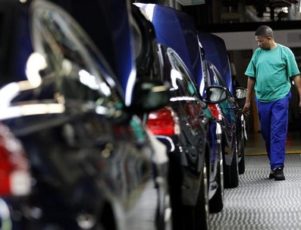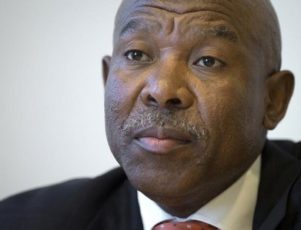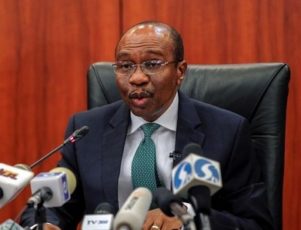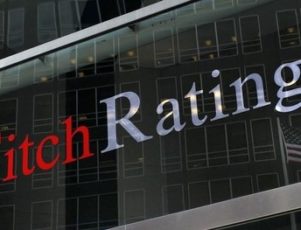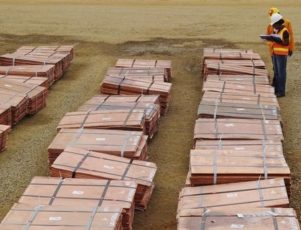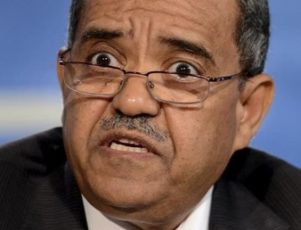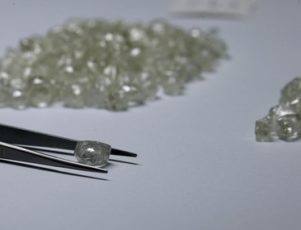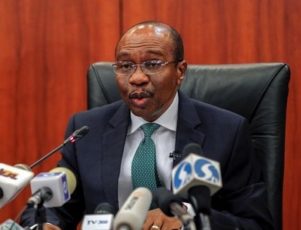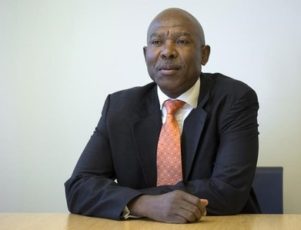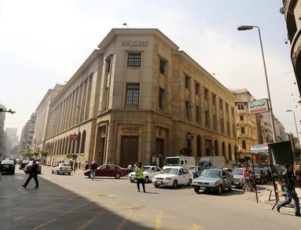PRETORIA (Reuters) – South Africa’s current account deficit widened more than expected to 2.9 percent of GDP in the fourth quarter due to a smaller trade surplus driven by a rally in the currency late last year, central bank said on Tuesday.
The rand has appreciated by about 20 percent against the dollar since mid-November, in the run-up of the election of Cyril Ramaphosa as leader of ruling African National Congress in December.
The bank said the stronger currency was among the main reasons for the faster increase in imports, although continued global demand for commodities helped soften the blow.
In its Quarterly Bulletin for Q4 2017, the bank said the nominal effective exchange rate of the rand increased 8.3 percent in the final quarter of 2017, the largest increase since early 2009.
The nominal effective exchange rate is a weighted average rate at which a country’s currency exchanges for a basket of multiple foreign currencies.
The value of imports was up 8.9 percent in the quarter and increased 7.1 percent in volume.
“Both export and import volumes increased but the deterioration in the current account from the third to the fourth quarter was mostly driven by volume increases in imports,” said senior economist central bank Piet Swart.
The trade surplus shrunk, falling to 74 billion rand from a revised 92 billion rand in the prior quarter, the Reserve Bank said, while foreign direct investment fell due the sale of a significant stake in local bank ABSA by British based Barclays.
FDI recorded an outflow of 13.5 billion rand in the last quarter of 2017 from an inflow of more than 16 billion rand in the quarter before that.
($1 = 12.0003 rand)
(Reporting by Mfuneko Toyana; Editing by James Macharia)

